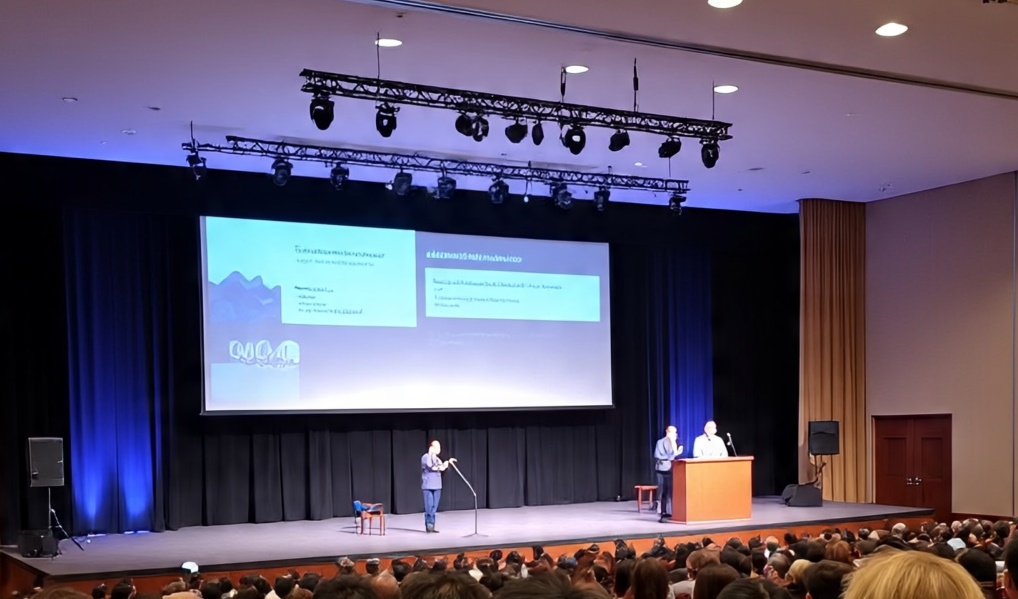The Internalization of Green Tourism in the Course of Sanitation, Hygiene, and Safety at Work of the Food and Beverage Study Program
Keywords:
Environmentally Friendly Practices, Green Tourism, Sanitation Hygiene, Sustainable EducationAbstract
This study aims to analyze the implementation of green tourism practices in the Occupational Hygiene Sanitation and Safety course at Makassar Tourism Polytechnic. The observation method was used to evaluate six main aspects: waste management, use of environmentally friendly materials, resource-saving, implementation of hygienic practices, availability of safety equipment, and environmentally friendly behavior. The results showed progress in some areas, such as waste segregation, the use of biodegradable detergents, and the implementation of energy-saving measures. However, some aspects needed improvement, especially in terms of inorganic waste recycling, the use of environmentally friendly disinfectants, and the utilization of renewable energy. A recent literature-based analysis revealed that these practices are in line with global trends in sustainable tourism education, although there is still room for improvement. This study concludes that Makassar Tourism Polytechnic has demonstrated an initial commitment to green tourism, but further development is required to achieve optimal standards. Recommendations include the development of a comprehensive recycling program, increased use of eco-friendly materials, investment in renewable energy, and deeper integration of green tourism concepts into the curriculum. The implementation of these recommendations is expected to improve the quality of sustainable tourism education and prepare students for a more environmentally friendly future tourism industry.
References
Arbulú, I., Lozano, J., & Rey-Maquieira, J. (2021). Waste generation flows and tourism growth: A STIRPAT model for Mallorca. Journal of Industrial Ecology, 25(2), 325-337.
Cvelbar, L. K., Grün, B., & Dolnicar, S. (2023). Too clean is not clean anymore: Excessive hygiene efforts in hotels backfire. Annals of Tourism Research, 98, 103472.
Gössling, S., Scott, D., & Hall, C. M. (2021). Pandemics, tourism, and global change: a rapid assessment of COVID-19. Journal of Sustainable Tourism, 29(1), 1-20.
Kallmuenzer, A., & Seegebarth, B. (2021). An integrative model of consumer sustainable hygiene behavior in hospitality. International Journal of Hospitality Management, 96, 102984.
Kularatne, T., Wilson, C., Månsson, J., Hoang, V., & Lee, B. (2019). Do environmentally sustainable practices make hotels more efficient? A study of major hotels in Sri Lanka. Tourism Management, 71, 213-225.
Lan, J., Wong, I. A., Jiang, C., & Mao, Z. (2022). Green human resource management and employee green behavior in the hotel industry: The role of employee environmental passion. International Journal of Hospitality Management, 102, 103148.
Lexy J, M. (2019). Metodologi penelitian kualitatif edisi revisi. PT Remaja Rosdakarya.
Piñeiro-Villaverde, G., Díaz-Meneses, G., & Beerli-Palacio, A. (2023). Effectiveness of environmental education in tourism studies: A systematic literature review. Journal of Hospitality, Leisure, Sport & Tourism Education, 32, 100390.
Pirani, S. I., & Arafat, H. A. (2016). Reduction of food waste generation in the hospitality industry. Journal of Cleaner Production, 132, 129-145.
Sánchez-Medina, P. S., & Díaz-Carrión, R. (2020). Environmental certification and greenhouse gas emissions in the hospitality sector: A worldwide analysis. Environmental Impact Assessment Review, 84, 106362.
Setiyorini, H. P. D., Farida, I., & Krisnani, H. (2018). Pengembangan kurikulum pariwisata berkelanjutan: Studi kasus di Sekolah Tinggi Pariwisata Bandung. Tourism and Hospitality Essentials Journal, 8(2), 97-108.
Sharif, A., Afshan, S., & Qureshi, M. A. (2019). Acceptance of sustainable tourism practices through green human resource management: A technology-organization-environment perspective. Environmental Science and Pollution Research, 26(33), 34087-34099.
Sloan, P., Legrand, W., & Chen, J. S. (2013). Sustainability in the hospitality industry: Principles of sustainable operations. Routledge.
Spradley, J. P. (2006). Metode etnografi. Tiara Wacana.
Styles, D., Schönberger, H., & Galvez Martos, J. L. (2020). Best environmental management practice in the tourism sector. Publications Office of the European Union.
Suci, A., Suyasa, I. N., & Suastuti, N. G. A. M. D. A. (2020). Implementasi konsep green hotel di Indonesia: Tantangan dan peluang. Jurnal Ilmiah Pariwisata Agama Dan Budaya, 5(1), 73-82.
Sugiyono. (2020). Metode penelitian kualitatif. Alfabeta.
Winarno, S., Wijijayanti, T., & Agustina, Y. (2019). Integration of sustainable tourism concept in tourism higher education curriculum. Jurnal Pendidikan Bisnis dan Manajemen, 5(1), 1-10.
Yeh, S. S., & Lee, Y. S. (2023). The effects of green human resource management and green organizational culture on green innovative behavior: Evidence from hotels in Korea. International Journal of Hospitality Management, 108, 103386.
Yusof, N., Rahman, S., & Iranmanesh, M. (2020). Green practices in the hotel industry: Factors influencing the implementation. Journal of Cleaner Production, 258, 120818.



